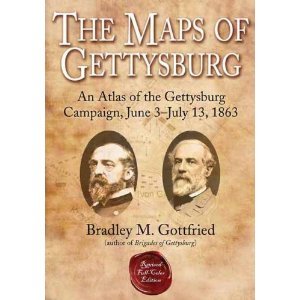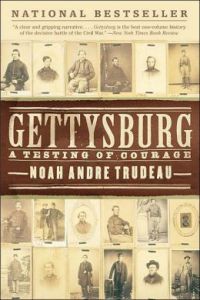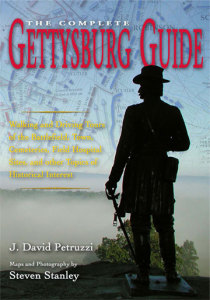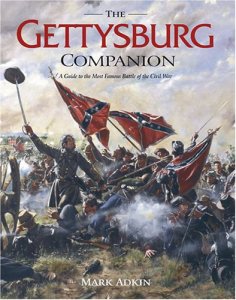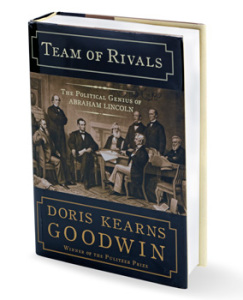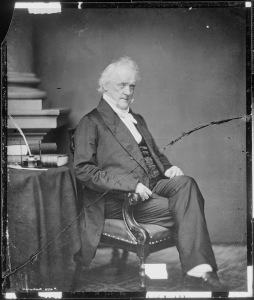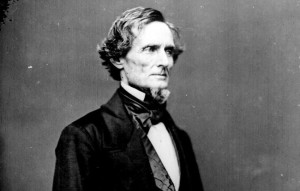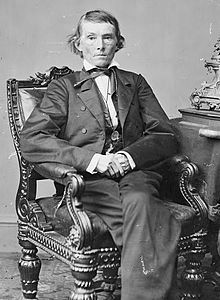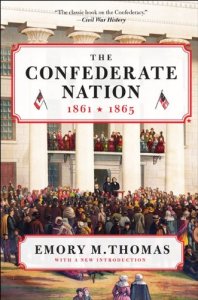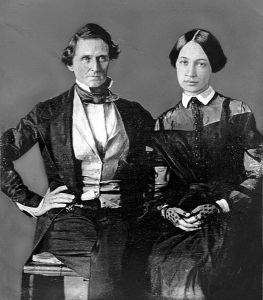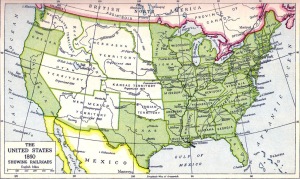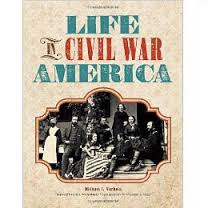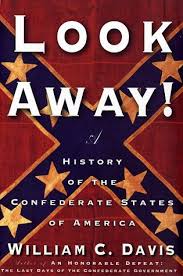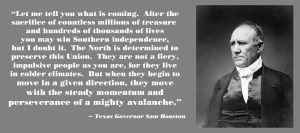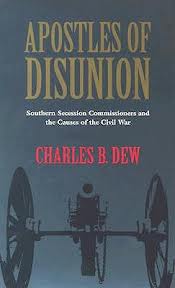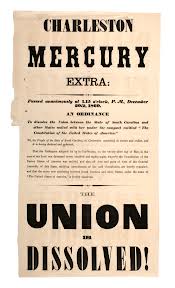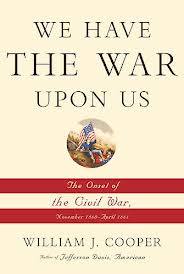The Maps of Gettysburg: An Atlas of the Gettysburg Campaign, June 3-July 13, 1863 by Bradley M. Gottfried
Rich is a huge, HUGE map geek so it’s no surprise he loves this book like a fat kid loves cake. Make sure you get the revised, full color edition.
Gettysburg: A Testing of Courage by Noah Andre Trudeau
We had a tough time choosing between this book and Edwin B. Coddington’s “The Gettysburg Campaign: A Study in Command,” but Tracy is a big fan of Trudeau’s riveting narrative, so “Gettysburg: A Testing of Courage” won out. (Although, Rich says he may still sneak Coddington into the suitcase.)
The Complete Gettysburg Guide by J. David Petruzzi, maps & photography by Steven Stanley
Our choice of this book has nothing, NOTHING!, to do with the fact that Mr. Petruzzi and Rich’s dad happen to be from the same small town in north-central Pennsylvania.
The Gettysburg Companion: The Complete Guide to America’s Most Famous Battle by Mark Adkin
“This is the Gettysburg book that students and aficionados of the battle have dreamed about… The Gettysburg Companion is quite simply an absolute gem.” ~ D. Scott Hartwig, Civil War historian, Gettysburg, PA

